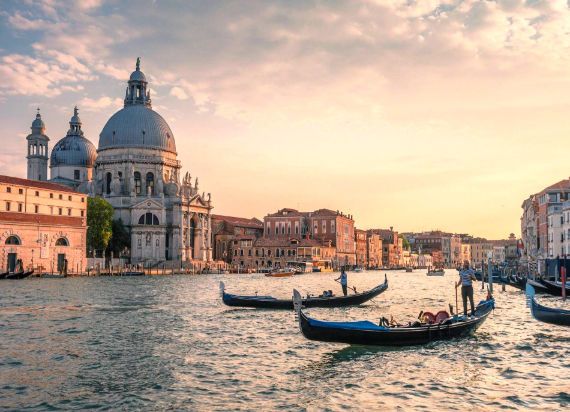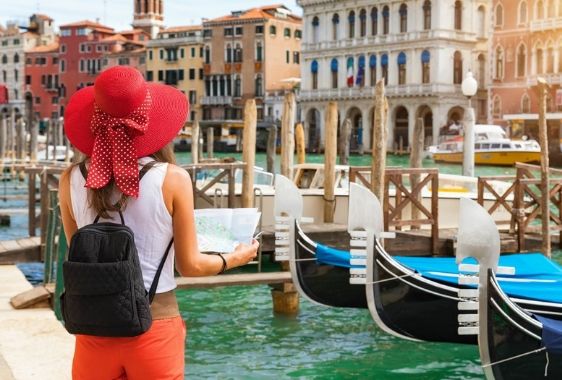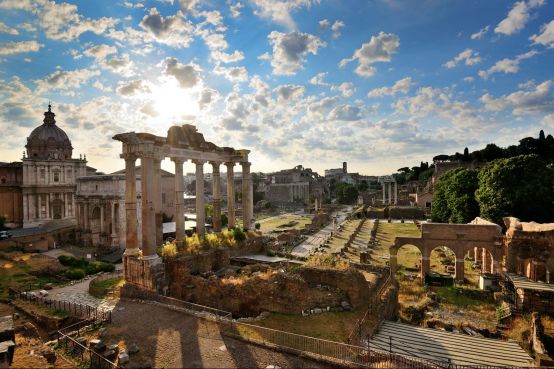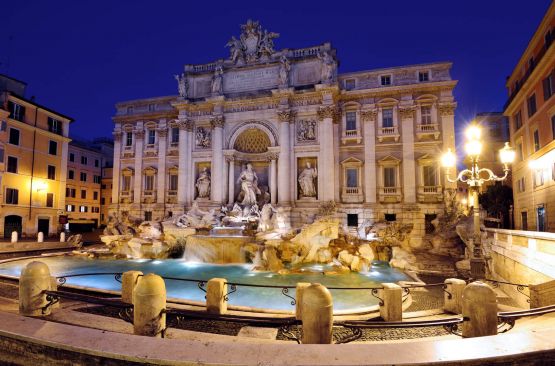But, it also pays to do a little more research on the culture and in particular Italian etiquette. After living and working here in Italy, running our Italian tours and Italian holiday company since 1999, we have built up an understanding of expectations around etiquette in Italy and how to help visitors to Italy understand the differences in Italian culture. These tips on Italian etiquette for visitors to Italy will help you get ahead with the locals and make the most of your time here:
Tips
During your Italian vacation, it’s not necessary to tip. In some countries like the USA, or on some holidays like cruise vacations you will be expected to tip. But it is not the case on an Italian vacation. In many cases a service charge will already have been added to your bill or incorporated in the price. But a tip is not necessary for things like a coffee, a taxi ride etc. Italians rarely tip and only do so when the service has been really exceptional or when it makes sense to leave the change – ie if you gave the waiter/ess 60 Euros for a 59 Euro bill and you don’t want them to have to come all the way back to your table with change.
Eat when Italians eat
One of the biggest elements of Italian etiquette is remembering that Italian restaurants and bars are specific about meal times. It is best to understand them and to remember the general rule to eat when Italians eat. Many restaurants close in the afternoon after lunch and before dinner. So if you skip lunch and hope to pick up a late lunch meal or an early dinner then you will be disappointed. The earliest lunches will be available at 12.30 and will run to 2.30pm at the very latest. Dinner can start quite late and some restaurants in the city might not start serving again until 7pm.
Service culture
When it comes to Italian dining etiquette, visitors need to remember that the service culture in Italy is quite different. In some countries the waiting staff will come back to your table to check you are ok and that you are enjoying your meal. In Italy, it can be quite different, particularly in busy cities because the waiting staff will be there to take your order and serve your food and you may not see them otherwise. They are polite and efficient and fast but they won’t be back and forward to check on you. That may explain the first point about tips. Smaller establishments in the countryside can be a little different and can be more attentive during your course but it depends on the people themselves and this would be the exception to the rule.
Be formal in restaurants
Another important point about Italian dining etiquette is that it is best to be formal in restaurants in Italy. Whilst some western cultures are quite relaxed in such a setting, Italy is different. You need to be mindful of your table manners. For instance, to get your waiter or waitress’s attention do not shout across the room at them or click your fingers. When you are ready to receive the bill or check, ask for it by saying ‘il conto’. A waiter or waitress will not bring it to you automatically unless it is well past closing time.
Appropriate use of beverages in Italy
When in a restaurant, wine and beer is consumed as part of your meal. Italians really do not approve of public drunken-ness and you will notice that it is very rare in Italy. And when it comes to coffee – other than at breakfast, coffee is used to aid digestion so at lunch and dinner it is served after a meal, not with a meal.
Understand the levels of service at a bar or restaurant
When you are in a bar or restaurant you will notice that there are different levels of service. You can sit at a table to get table service but you can also stand at the bar and eat. There are different prices for each type of service. And in some restaurants you sometimes you need to pick up a receipt before hand. If you are in doubt, stand to the side and watch what others are doing then choose what you want to do. Or you can ask by saying ‘scusi, si paga o si ordina prima- do I pay before ordering?’ And always greet the staff or proprietor with a good morning or good evening ‘buongiorno’ or ‘buonasera’.
Learn some Italian before you visit
To really excel at Italian etiquette then learn some Italian before you visit. You don’t need to be fluent before you visit but it will help you immensely if you make an effort with the mother tongue. Try to understand the basics so you can greet people and perhaps order and thank people in Italian. Don’t just speak English and add a ‘grazie’ at the end because this is not enough and at worse may seem patronising. The locals will really appreciate your efforts when you try.
Use salutations appropriately
And when you are using Italian, remember to use the correct salutations. This is really important if you want to get your Italian manners right. We’ve probably all heard people shout ‘Ciao’ in the movies, but remember this is not appropriate if you do not know the other person well. As mentioned above it’s best to use ‘buongiorno’ or ‘buonasera’. Also shake hands with a person you don’t know. Kissing on the cheeks only happens when people know each other relatively well.
You are a guestIn Italian etiquette, remember that Italians view you as a guest and it’s true that they prefer it when you behave with grace as a guest would. Tourism is important in Italy but Italian life continues regardless.













Comments